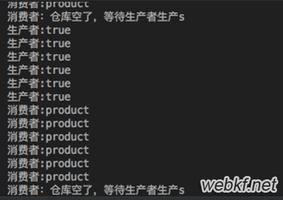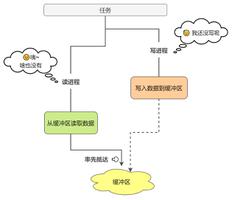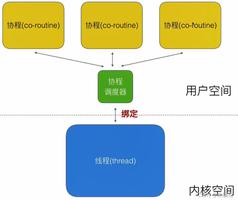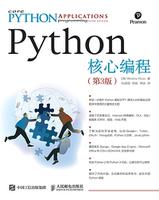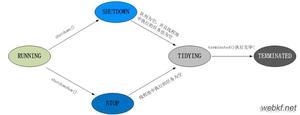Python程序从双向链表中查找最大值和最小值节点
当需要从双向链表中找到最大值和最小值时,需要创建一个“节点”类。在这个类中,共有三个属性,节点中存在的数据,对链表下一个节点的访问,以及对链表上一个节点的访问。
以下是相同的演示 -
示例
class Node:输出结果def __init__(self, my_data):
self.prev= None
self.data= my_data
self.next= None
class double_list:
def __init__(self):
self.head= None
self.tail= None
def add_data(self, my_data):
new_node = Node(my_data)
if(self.head == None):
self.head =self.tail= new_node
self.head.previous = None
self.tail.next = None
else:
self.tail.next = new_node
new_node.previous = self.tail
self.tail = new_node
self.tail.next = None
def min_node(self):
curr = self.head
if(self.head == None):
print("The list is empty")
return 0
else:
min = self.head.data
while(curr != None):
if(min > curr.data):
min = curr.data
curr = curr.next
return min
def max_node(self):
curr = self.head
if(self.head == None):
print("The list is empty")
return 0
else:
max = self.head.data
while(curr != None):
if(curr.data > max):
max = curr.data
curr = curr.next
return max
def print_it(self):
curr = self.head
if (self.head == None):
print("The list is empty")
return
print("双向链表中的节点是:")
while curr != None:
print(curr.data)
curr = curr.next
my_instance = double_list()
print("Elements are being added to the doubly linked list")
my_instance.add_data(10)
my_instance.add_data(24)
my_instance.add_data(54)
my_instance.add_data(77)
my_instance.add_data(92)
my_instance.print_it()
print("具有最大值的节点是: ")
print(my_instance.max_node())
print("具有最小值的节点是: ")
print(my_instance.min_node())
Elements are being added to the doubly linked list双向链表中的节点是:
10
24
54
77
92
具有最大值的节点是:
92
具有最小值的节点是:
10
解释
创建了“节点”类。
创建了另一个具有必需属性的类。
定义了一个名为“add_data”的方法,用于向双向链表添加数据。
定义了另一个名为“print_it”的方法,它显示循环链表的节点。
定义了另一个名为“max_node”的方法,它在双向链表中搜索最大值。
定义了另一个名为“min_node”的方法,它在双向链表中搜索最小值。
'double_list' 类的一个对象被创建,并调用它的方法来查找双向链表中节点的最小值和最大值。
定义了一个'init'方法,将双向链表的根、头和尾节点设为None。
遍历列表,找到最大值和最小值。
这使用“print_it”方法显示在控制台上。
以上是 Python程序从双向链表中查找最大值和最小值节点 的全部内容, 来源链接: utcz.com/z/353628.html

